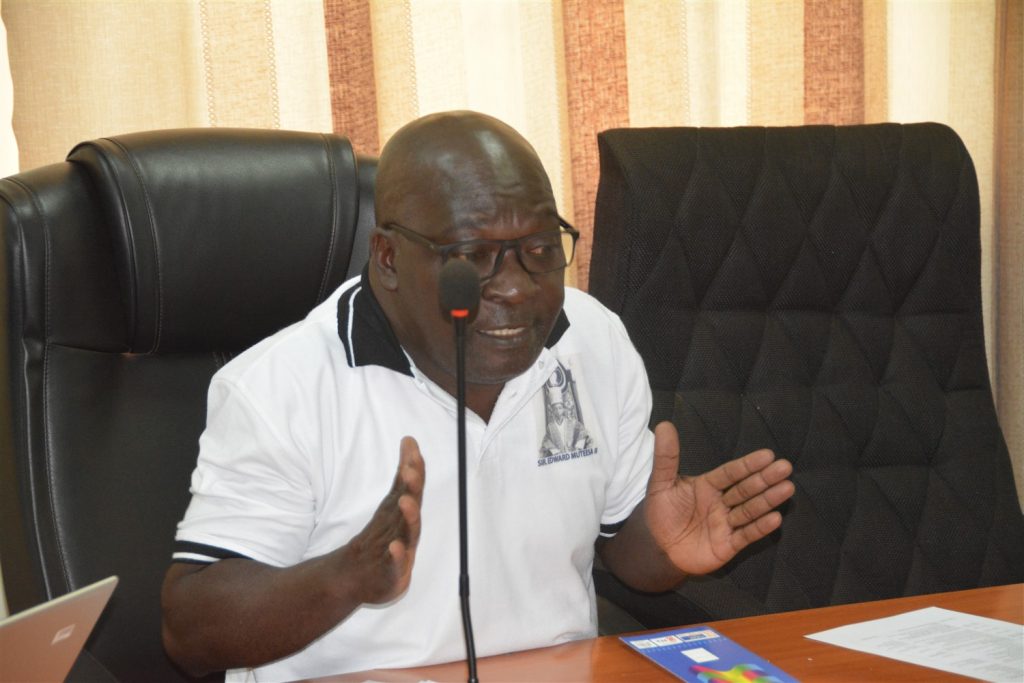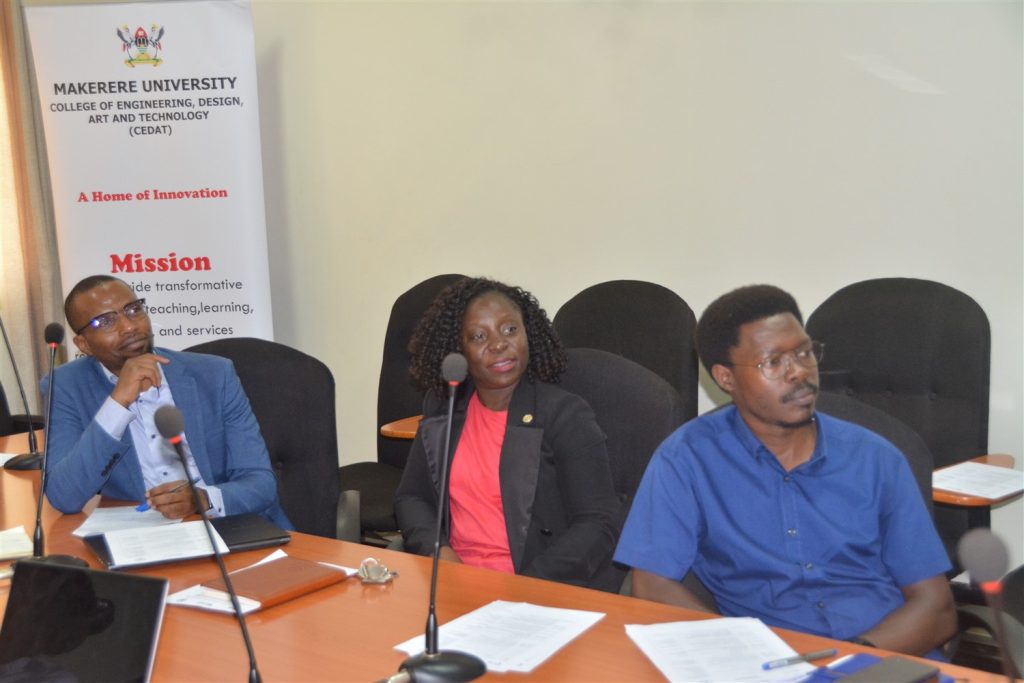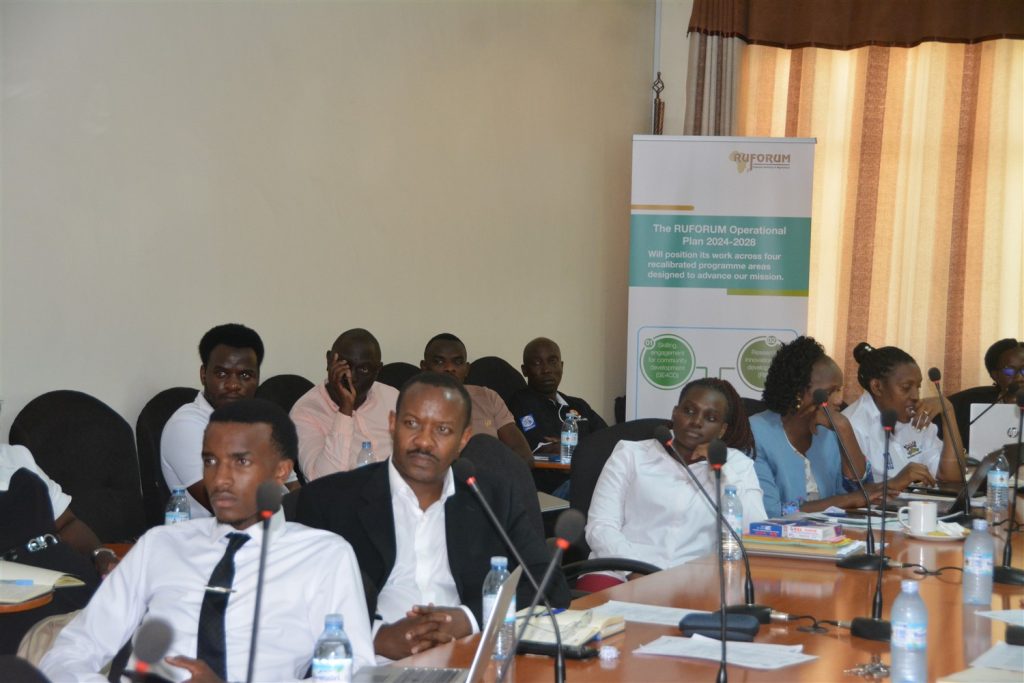The Regional Universities Forum for Capacity Building in Agriculture (RUFORUM) convened a meeting at the College of Engineering, Design, Art and Technology (CEDAT) focused on the critical role of research in national development. The meeting attended by college leaders’ and staff emphasized the shift from basic research which makes up nearly 80% of research efforts to applied research, which has the potential to generate revenue, create industries, and provide employment opportunities.
The discussion held in the CEDAT Board room Thursday 29th May 2025, highlighted the government’s agenda to prioritize applied research, ensuring universities become hubs of innovation rather than just centers for academic publishing. The meeting also stressed the importance of pilot testing and learning from early experiences to refine university support systems for commercialization.

In his opening remarks, Deputy Principal CEDAT, Assoc. Prof. Kizito Maria Kasule, emphasized the urgent need for increased resource mobilization for research. He pointed to endowment funds in various universities outside Africa, where substantial financial support is allocated to research, enabling significant advancements.
Assoc. Prof. Kasule reiterated that research is the core mandate of any university, serving as the foundation for sustainable institutional growth and development. He stressed that in leading economies, particularly in the Western world, research-driven innovation plays a crucial role in fostering economic progress and shaping the future of industries.

The RUFORUM engagement with CEDAT served as a lesson-sharing and disseminationevent, focusing on insights from the Commercialization of Academic Research Initiative (CARI). This initiative aims to strengthen Ugandan universities in developing Fourth Industrial Revolution-driven enterprises, ultimately creating employment opportunities.
With backing from the Science, Technology, and Innovation Secretariat, CARI seeks to establish institutional strategies and structures that enhance both the quality and quantity of commercial products emerging from universities. By bridging the gap between academia and industry, the initiative is designed to fuel innovation, entrepreneurship, and job creation for young people.

A key theme was commercialization, moving beyond research as an academic goal to making a tangible impact on the economy. The question posed was how much research has contributed to GDP and to underscores the need for universities to focus oninnovation with measurable impact rather than just publications.
One challenge identified was the lack of centralized access to prototypes within universities, making it difficult to assess their market potential. The meeting emphasized the need for business incubation support, expert validation, and strategic scaling to ensure research contributes meaningfully to economic growth.
During the engagement, and in line with the intended output of the engagement, some beneficiaries of the Commercialization of Academic Research Initiatives (CARI) initiative present exciting breakthroughs in their research endeavors through innovations like Freza Nanotech, Sensors for Precision Agriculture, the Spiral Wheel Pump, and Virtual Labs.
Written by Harriet Musinguzi, Principal Communication Officer, CEDAT
